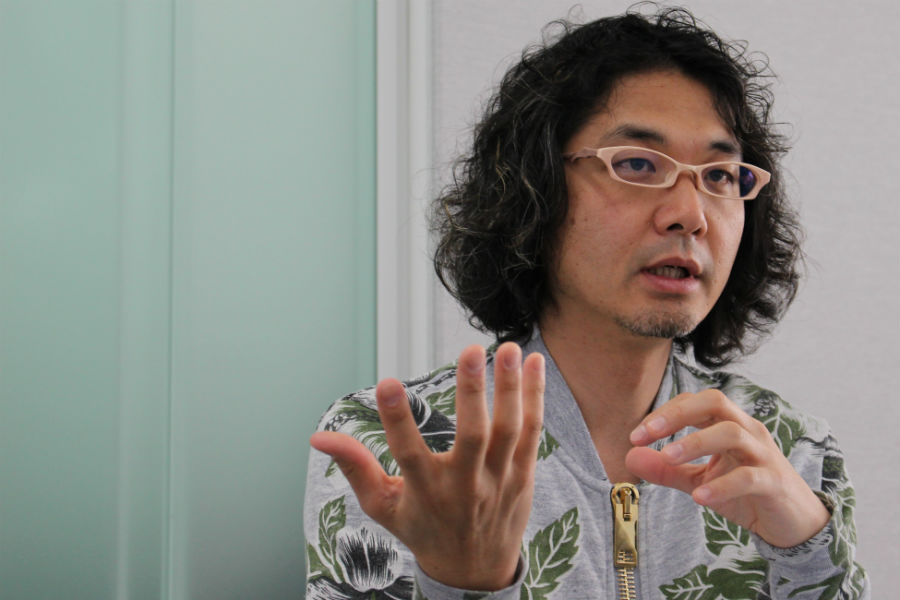As the pressure on their business model continues to build, advertising agencies are exploring increasingly diverse ways to ensure they stay afloat over the long term.
To be sure, the need for creative advertising and media services is not going to evaporate, but the amount of revenue agencies are able to draw for them is diminishing. In March, WPP, the world’s largest marketing services group, reported its worst year since the 2009 global financial crisis.
It’s not clear what marketers want from their agencies. P&G’s Marc Pritchard has demanded that they cut out anything “that doesn’t add to creative output”. That essentially means weeding out the ranks of account managers, which seems incompatible with P&G’s (and other consumer goods giants’) highly process-oriented way of working.
At the same time, ‘creativity’ takes many forms. One way to interpret Pritchard’s call is that clients want more in the way of hybrid creatives—people who feel as comfortable talking to business leaders as they do to more typical advertising people; people who can apply their creativity to business issues as well as communications briefs.
Agencies in Japan are taking small steps in this direction. Dentsu is the latest to launch a creative consulting unit, which it has branded as Business Design Square. With a staff of 70, it’s on a bigger scale to Hakuhodo’s Teko, a unit with a similar proposition that formed last year, and gives official form to consulting services that Dentsu has offered on an ad-hoc basis for a number of years.
Speaking to Campaign earlier this year, R/GA’s Asia-Pacific head Jim Moffatt said his company also sees potential to establish a consulting presence in Tokyo.
For Dentsu and Hakuhodo, the model is a notable departure from the norm in that it is fee-based. Typically, the agencies offer creative work at essentially no cost, making their money from media sales. Akihito Kunimi, ECD of Business Design Square, says the division will also look to form revenue sharing models with clients, especially with startups. Still, income from consulting is currently small: Kunimi says consulting accounts for 1% of Dentsu’s total business. For R/GA, it’s around 15% globally.
Kunimi denied that the launch was a reaction to the perceived threat to agencies’ business from management consulting firms. Nonetheless, Business Design Square’s aspirations do seem to mirror those of consulting companies. Kunimi says it was motivated by changing client needs, and that the main aim is to unlock “management-side creativity”. That means helping clients achieve business breakthroughs by distilling their reason for being, which companies often lose sight of once they reach a certain scale. The unit works alongside external companies where relevant and has official partnerships with design firms Frog and Nendo.
Dentsu did not disclose the names of the clients using the service, but Kunimi mentioned a camping equipment brand and a TV shopping channel as examples. He says Dentsu sees big potential to work with B2B companies, which are relatively scant among its regular advertising clients. Asked why clients should choose Dentsu over a specialist consulting or design firm, Kunimi says Dentsu was able to combine business understanding and creativity, rather than focusing on one or the other.
Other agencies globally have made a similar claim, and it’s controversial—mostly because consulting units are still primarily staffed by agency people, whose level of business expertise (as opposed to advertising expertise) is open to question. Some observers have also pointed to a conflict of interest in a company selling both media and strategy.
A former banker, Kunimi himself does not have a background in business consulting, and developed his career at Dentsu as an advertising strategist and a creative. But he says taking into account business and management issues has been a natural part of his work.
Another question is whether agencies have been too quick to launch consulting services without putting the necessary investment behind them. Over-promising and under-delivering is sure to backfire.
Analysts agree that is a possibility, but are open-minded about the prospects of these units. Brian Wieser, senior analyst for advertising, media and internet at Pivotal Research Group, an equity research company, says it’s hard to assess how much genuine value they currently offer. But he adds that it’s equally difficult to assess how much substance there is to the marketing proposition consulting firms like McKinsey, Bain & Company or Boston Consulting Group offer.
“When the solution involves a marketing choice, agencies will understand implementation better than others,” he says. He predicts continued investment in this space, but makes clear that in doing so agencies are “not competing with McKinsey right away” and that “it won’t cause a sudden change in their revenue trajectory”. He sums the trend up as an effort by agencies to gain entry to the higher levels of business that have typically been closed to them.
“Historically, agencies have offered high level strategic advice, but as advertiser categories matured, what agencies had to say wasn’t as strategic and was much more tactical,” he says. “They don’t necessarily have ‘permission’ to go to the levels where strategic choices are made, but they can help make their day-to-day clients more strategic and gradually impact their clients at higher levels.”
As to whether reality matches the sales pitch, only time will tell.
“There’s always a risk of over-promising,” says Ian Whittaker, head of media and digital equity research at Liberum, a London-based investment bank. “But you’d think [agencies] would have learnt their lesson with digital over the last five years or so—promising the earth and then clients finding the results to be less than stellar. I think there’s a lot more humility nowadays.”

